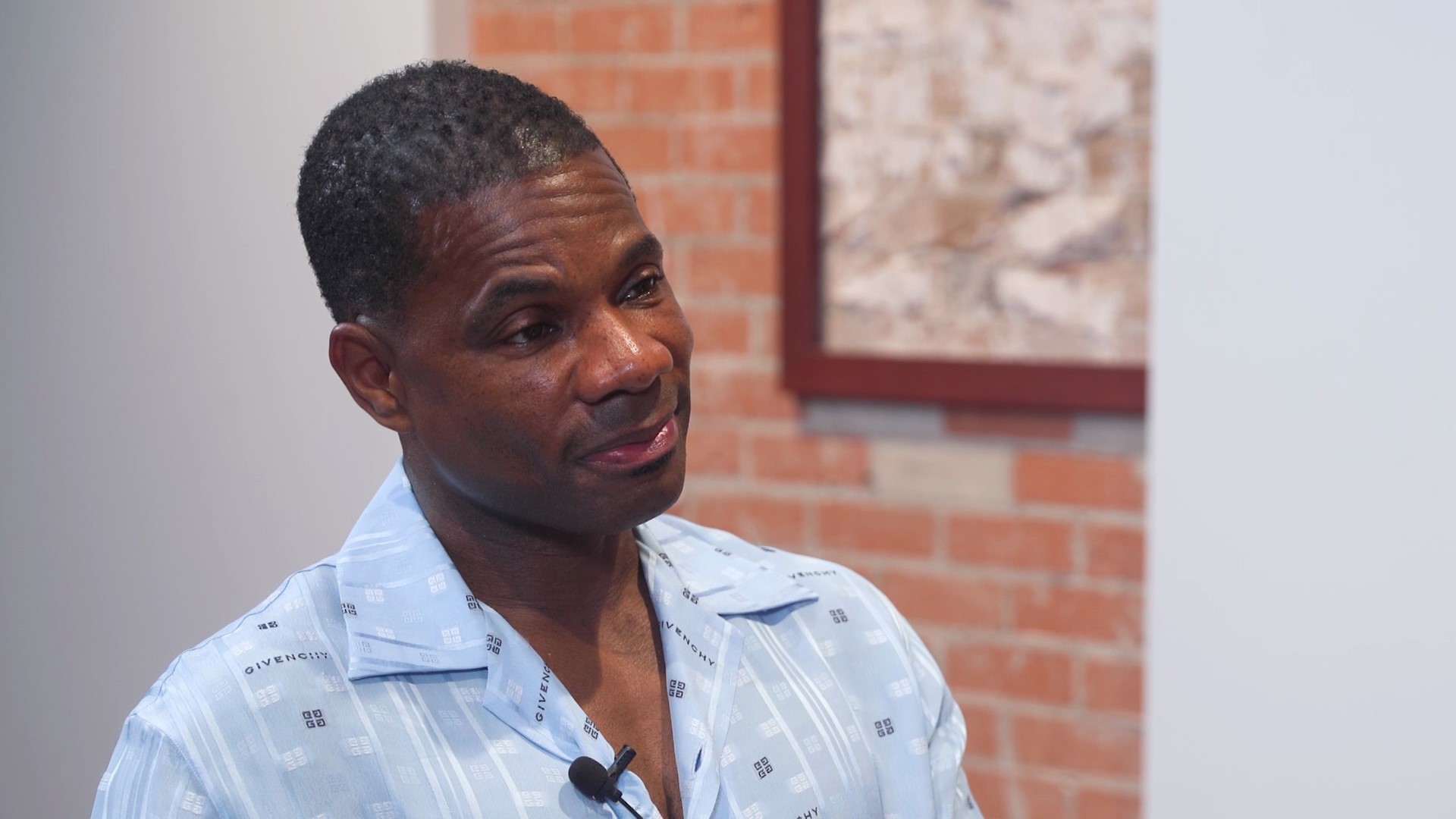FORT WORTH, Texas — Like many, Kirk Franklin believes in the healing power of music.
But, for the Fort Worth native, it does so much more.
"My friend was that piano,” Franklin said. “It was really through music that I was able to connect and try to find my voice.”
Before becoming the multi-Grammy award-winning artist we all know with hits like Stomp and I Smile, he carried a different title.
At just 11 years old, he lead the choir at Mount Rose Baptist Church on Fort Worth’s southside – a church that now bears his name.
“It was like the ground that I got a chance to truly understand what connected with people,” Franklin said.” “Just the language of the spiritual and the musical and how they have this nuanced dance that they do, and then as a young boy finding my place in all that. So, it was an interesting journey, but it was the best of times for me.”
The best of times with a voice that would soon reverberate around the world as he transitioned to adulthood, but decades ago – wasn’t always the easiest to find.
“I was adopted, and you had to try to walk through those nuances as well,” Franklin added. “All of the abandonment issues, not having a dad, not having a family, it kind of left you by yourself a lot.”
Now with a family of his own, Franklin relishes discussing his wife, Tami Franklin.
“Tami is a beautiful and incredible human being, who she is on the planet is so much bigger than who she is with me,” he said describing his wife. “She’s a light to so many. At the same time, I can tell you, I do not like being a public couple, it does not leave room for the human errors of life.”
Oftentimes, Franklin dismisses the celebrity of his lifestyle, openly sharing some of his own struggles publicly on social media.
“It’s because I heal as I reveal,” he said. “So, it is beneficial for my own healing to be able to have conversations that are healing for me.”
It’s just like the music he produces – a method to connect with others, one that hasn’t always been well received.
“I was kicked out of many churches,” Franklin said. “I’ll never forget being at a HBCU that was very conservative in the South, I was playing music and the president of the college turned my music off and it turned into an uproar.”
Whether it was the abandonment he felt growing up without both parents or how some felt about his artistry, he says the very things meant to break him have been the backbone of his success.
“There is no secret sauce but I tell you if you want to know my motivation and what drives me, I can’t afford for you to forget me’.”
Using music as his language of choice to find connection, stability and eventually his voice too.
“My abandonment drives me,” he added. “It is my energy. It is what fuels everything I do, the fear of being forgotten.”

